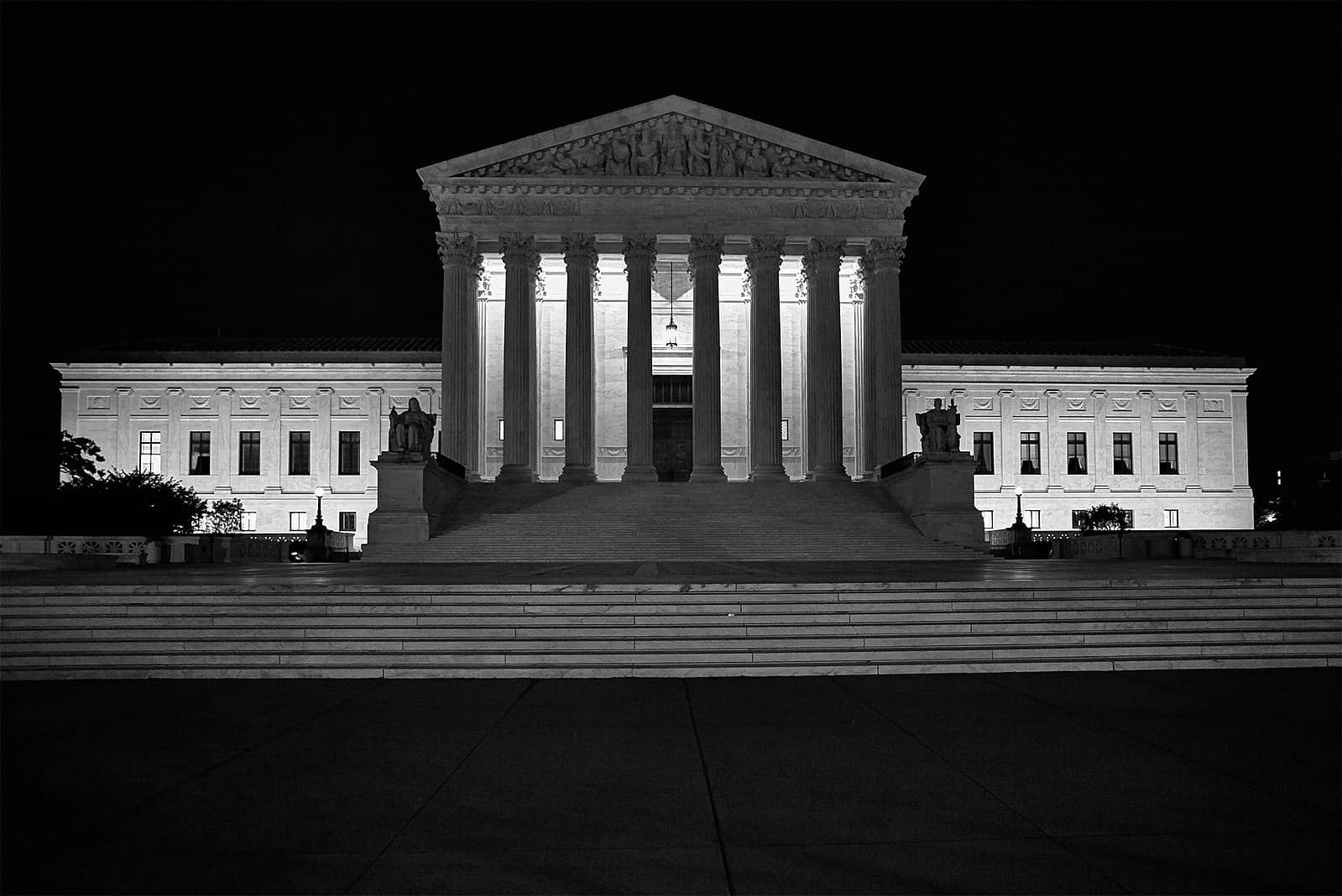
Liana Wang is a student at Harvard Law School.
In today’s news and commentary, Trump v. CASA restricts nationwide injunctions, a preliminary injunction continues to stop DOL from shutting down Job Corps, and the minimum wage is set to rise in multiple cities and states.
On Friday, the Supreme Court held in Trump v. CASA that universal injunctions “likely exceed the equitable authority that Congress has given to federal courts.” The court argued that such injunctions are not “sufficiently analogous” to the kinds of relief historically available at the time of the founding, and that remedies were largely limited to individual parties. However, the Supreme Court left room for lower courts to decide whether broader or narrower injunctions might be necessary to achieve “complete relief” for the parties in a suit, especially when the parties are state plaintiffs. And in a footnote, it hedged that the decision does not resolve “the distinct question whether the Administrative Procedure Act authorizes federal courts to vacate federal agency action.” Justice Kavanaugh’s concurrence reiterated that plaintiffs may ask a court to “preliminarily ‘set aside’ a new agency rule” under the APA, and he also suggested that plaintiffs challenging a statute or executive action may “proceed by class action” and seek “classwide relief that may, for example, be statewide, regionwide, or even nationwide.”
The decision presents a new challenge to multiple cases challenging the Trump administration’s executive actions, including those challenging the mass layoffs of federal workers, the attacks on collective bargaining, and the dismantling and defunding of agencies. However, worker advocates in some of these cases hold out hope. For example, the preliminary injunction issued in AFGE v. Trump, a broad challenge brought by a large coalition of unions, municipalities, and nonprofits, relied in part on the APA. And some suits have already been filed as putative class actions, such as a new complaint brought by Job Corps students against the Department of Labor for its attempts to close the Job Corps program. Other advocates emphasized the importance of state attorneys general in challenges that seek complete relief for workers in their states.
The dismantling of the Job Corps program has also been challenged by the National Job Corps Association, a non-profit trade organization comprised of business, labor, volunteer, and academic organizations. In National Job Corps Association v. Department of Labor, recently covered by Ajayan, U.S. District Judge Andrew Carter issued a preliminary injunction on Wednesday to bolster the temporary restraining order he granted earlier this month. The injunction directs the Labor Department to cease its efforts to terminate the program without congressional approval.
Lastly, thousands of workers across the country will soon see a pay raise as the minimum wage is set to rise on July 1 across multiple states and municipalities. Alaska’s minimum wage will rise to $13 an hour, thanks to a ballot measure passed by voters, while Oregon’s minimum wage rises to $15.05 an hour based on an inflation adjustment. In San Francisco, the minimum wage rises to $19.18 an hour, while it rises to $17.95 in Washington, D.C. and $16.60 in Chicago.






Daily News & Commentary
Start your day with our roundup of the latest labor developments. See all
February 27
The Ninth Circuit allows Trump to dismantle certain government unions based on national security concerns; and the DOL set to focus enforcement on firms with “outsized market power.”
February 26
Workplace AI regulations proposed in Michigan; en banc D.C. Circuit hears oral argument in CFPB case; white police officers sue Philadelphia over DEI policy.
February 25
OSHA workplace inspections significantly drop in 2025; the Court denies a petition for certiorari to review a Minnesota law banning mandatory anti-union meetings at work; and the Court declines two petitions to determine whether Air Force service members should receive backpay as a result of religious challenges to the now-revoked COVID-19 vaccine mandate.
February 24
In today’s news and commentary, the NLRB uses the Obama-era Browning-Ferris standard, a fired National Park ranger sues the Department of Interior and the National Park Service, the NLRB closes out Amazon’s labor dispute on Staten Island, and OIRA signals changes to the Biden-era independent contractor rule. The NLRB ruled that Browning-Ferris Industries jointly employed […]
February 23
In today’s news and commentary, the Trump administration proposes a rule limiting employment authorization for asylum seekers and Matt Bruenig introduces a new LLM tool analyzing employer rules under Stericycle. Law360 reports that the Trump administration proposed a rule on Friday that would change the employment authorization process for asylum seekers. Under the proposed rule, […]
February 22
A petition for certiorari in Bivens v. Zep, New York nurses end their historic six-week-strike, and Professor Block argues for just cause protections in New York City.